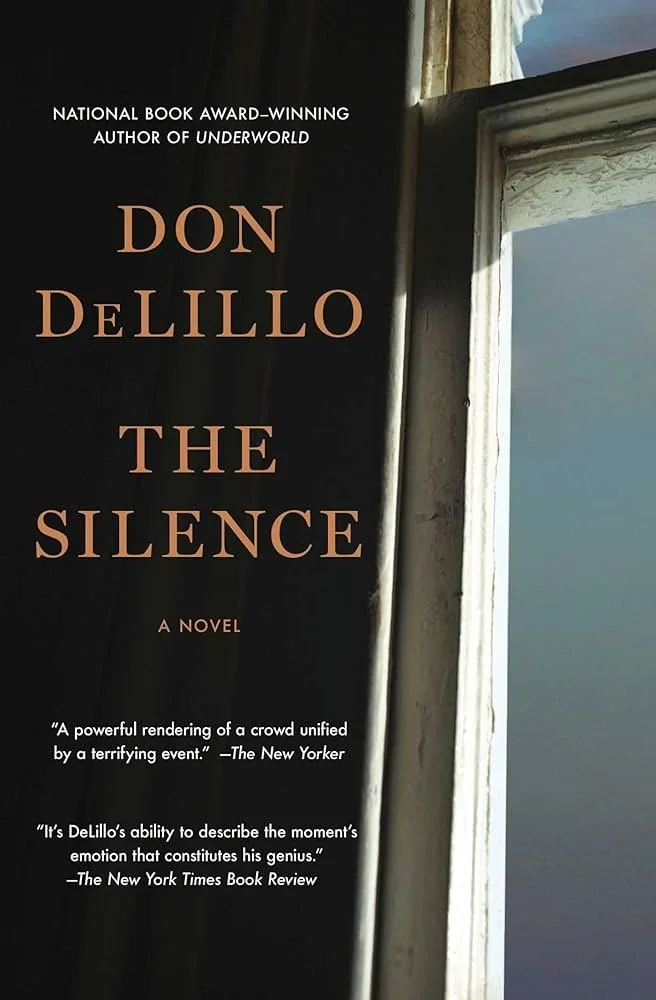Book Review : Don DeLillo - Cosmopolis (2003)
Don DeLillo’s novels aren’t really novels. They’re a series of philosophical conversations between fictional characters on a set of given themes. It’s a lot of people talking, arguing and eventually changing the world in a way that isn’t self-evident. DeLillo’s 2003 novel Cosmopolis (adapted into a movie by none other than David Cronenberg) is exactly that. Except that it’s different. It’s one of these novels that rang a certain way when it came out in 2003 and rings a completely other way now. It’s a bizarre, labyrinth-like journey through an increasingly disconnected world, where the ethereal quest for meaning is as pertinent as ever.
Cosmopolis tells the story of Eric Packer, a filthy-rich year 28 years old asset manager, who decides to take a limousine to his barber’s. So, he’s driving around town, patiently waiting through traffic jams caused by a presidential visit, anti-capitalist protests and a rap star’s funeral, and receives a series of guests to discuss topics ranging from betting against the yen to philosophical yearnings about the future of mankind. Packer is also stalked by two men who appear to want his demise. And that’s only the beginning of a long and awful night for the young man.
This novel is somehow more pertinent in 2019 now that startup culture and entrepreneur worship has taken over popular culture. Eric Packer might’ve seemed like an inscrutable character in 2003, but he’s who Mr. Everybody wants to be in 2019. A stylish over-achiever riding a limo to the barbershop while seamlessly blending personal life and work alongside employees and business partners. Packer defines himself by his professional success. Entertains conversations in terms of acquisitions, value and risk assessment. His own existence has become commodified, but he’s asserting full control over every variable.
So, Don DeLillo first establishes and uncomfortably intimate relationship to his narrator and proceeds to openly challenge his views through the character of Benno Levin. A mysterious assassin moving in on Packer in undisclosed fashion. Packer and Levin represent the clash of values of the information age: privacy, meaning, fulfillment versus technological mastery and product design. What is interesting about this clash is that it illustrates the dichotomy of progressive pursuits. Of course, the world needs to be changed in many ways. But it’s not every change that’s good. And the word “evolution” does not necessarily mean a turn for the better.
And the beautiful part is that DeLillo refuses to take position. To him, both alternatives are equally flawed. He leaves all the doubting and the arguing to us.
There you have it. Cosmopolis is cerebral and uncomfortable, but it is in the best way possible for a Don DeLillo novel. Prescient for its 2003 release, it confronts the reader with an idea of success that feels too close to home in this day and age, only to shine a light on it that’s no so kind. Are we headed in the right direction? Is the society we built the right one? Cosmopolis is loaded with a bleak, unflinching look at these questions. It’s not a nice, touchy-feely novel, but it’s a dynamic and though-provoking one. Saying an author is a visionary is a cliché, but in this case it’s true. Don DeLillo put the finger where it hurts with Cosmopolis. It’s a novel that’s only bound to become more pertinent.
8/10






